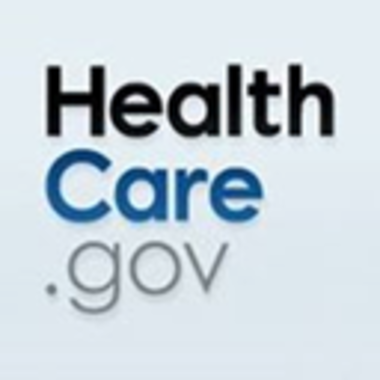Will I have to pay a penalty tax if I don't have qualifying health insurance?

by Kathleen Williams
Financial Columnist
It depends. One of the main objectives of the health-care reform law, the Patient Protection and Affordable Care Act (ACA), is to encourage uninsured individuals to obtain health-care coverage. As a result of the ACA, everyone must have qualifying health insurance coverage, qualify for an exemption, or pay a penalty tax. This requirement is generally referred to as the individual insurance or individual shared responsibility mandate.
Health insurance plans that meet the requirements of the ACA generally include employer-sponsored health plans, government health plans, and health insurance purchased through state-based or federal health insurance exchange marketplaces.
Individuals who are exempt from the individual insurance mandate include:
- Those who qualify for religious exemptions
- Certain noncitizens
- Incarcerated individuals
- Members of federally recognized American Indian tribes
- Those who qualify for a hardship exemption
Individuals may also qualify for an exemption if:
- They are uninsured for less than three months
- The lowest-priced insurance coverage available to them would cost more than 8% of their income
- They are not required to file an income tax return because their income is below a specified threshold
For tax year 2014, the penalty tax equals the greater of one percent of the amount of your household income that exceeds a specific amount (generally, the standard deduction plus personal exemption amounts you're entitled to for the year) or $95 per uninsured adult (half that for uninsured family members under age 18), with a maximum household penalty of $285. In 2015, the percentage rate increases to two percent, the dollar amount per uninsured adult increases to $325, and the maximum household penalty increases to $975.
The Gayly – May 6, 2015 @ 9:45am.





